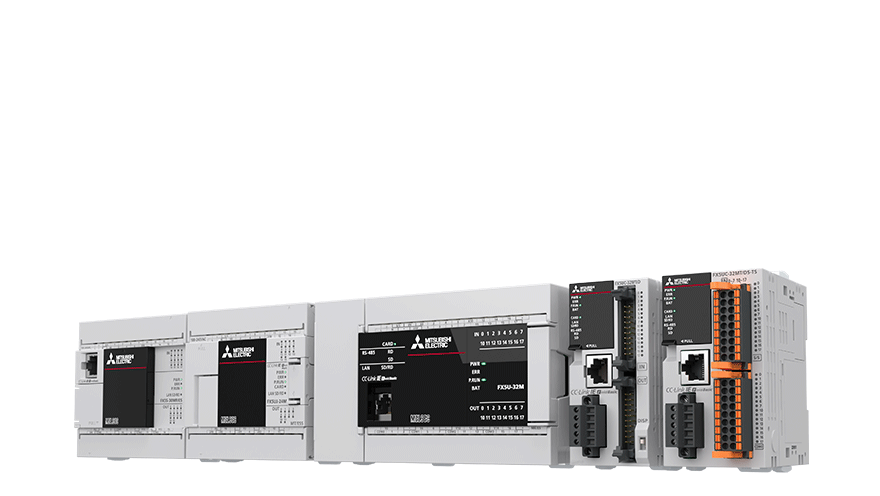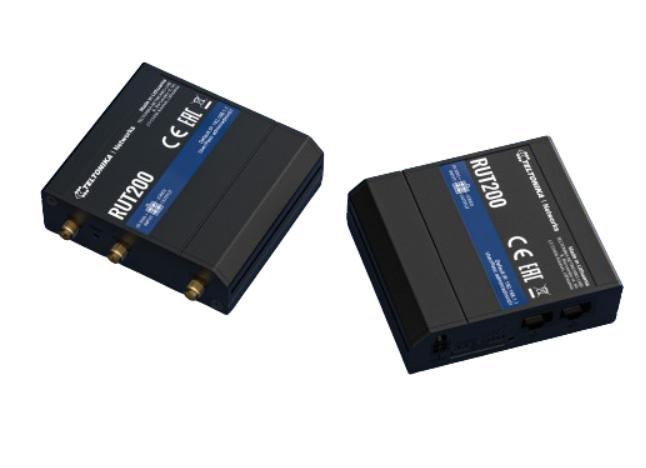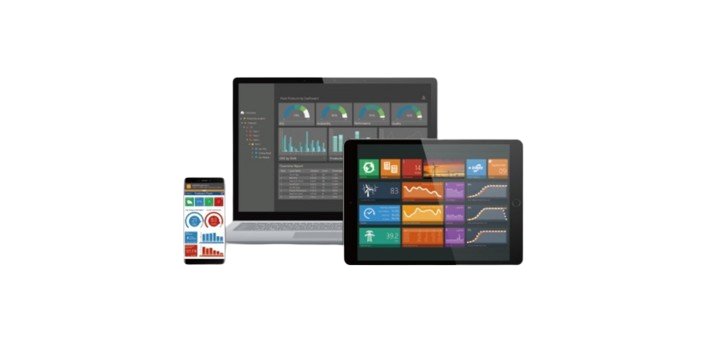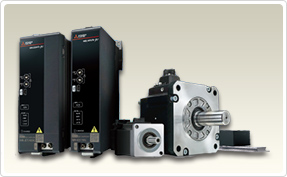System Engineering & Design
It encompasses a broad range of tasks, from the initial concept and design to the implementation and maintenance of systems.
System Engineers are crucial in ensuring that these systems function efficiently and effectively, often working with computer networks, software applications, and large-scale hardware configurations.
Their work is essential across various industries, reflecting the growing demand for professionals skilled in integrating and managing sophisticated technological infrastructures.

Process
- System engineering and design is a structured process that begins with the analysis of user requirements and ends with a viable process or system.
- It involves several stages, including requirements analysis, functional analysis and allocation, design synthesis, and system verification and validation.
- Throughout these stages, engineers apply various methodologies to ensure that the system functions as intended and meets the needs of its users.
- The ultimate goal is to deliver a system that is robust, reliable, and efficient in fulfilling its intended purpose
Advantages
- System Engineering and Design is a multidisciplinary field that focuses on designing and managing complex systems over their life cycles.
- It offers several advantages, such as improved quality and reliability of systems due to thorough design and testing processes.
- It also leads to reduced development time and costs by identifying and eliminating unnecessary components early in the design phase.
- Additionally, it enhances the scalability and maintainability of systems, allowing for easier upgrades and modifications as needs evolve.
Our offerings
Selection of instruments
⮚ The selection of instruments, whether for industrial processes or research purposes, is a critical task that requires a deep understanding of the specific requirements and conditions of the intended application.
⮚ our expert team involves evaluating various static and dynamic characteristics such as accuracy, precision, range, and response time to ensure the chosen instrument meets the necessary criteria for performance and reliability. In research, this selection is equally vital as it determines the quality and integrity of the data collected, influencing the overall outcome of the study. Proper instrument selection is foundational to achieving accurate measurements and, ultimately, successful results in any scientific or engineering endeavor.
Automation System Design & Documentation
⮚ Automation system design and documentation are critical components in the development and implementation of efficient systems.
⮚ our expert team involve creating detailed plans that outline the structure and operation of an automated system, as well as preparing comprehensive documents that guide users and maintainers of the system. Effective design and documentation can significantly enhance the functionality and maintainability of automation systems, ensuring they operate smoothly and meet the intended requirements
Control Panel Design
⮚ Control panel design is a critical aspect of industrial automation, ensuring safety and efficiency in operations.
⮚ Adhering to standards such as NFPA 70, UL 60947-4-1, and NFPA 79 is essential for compliance and performance. These guidelines cover a range of requirements, from circuit protection and wiring clearances to temperature ratings and signage.
⮚ Whether designing modular or custom panels, understanding these regulations and best practices is key to creating reliable and safe control systems.
Load Calculations
⮚ Electrical and instrumentation load calculations are essential for designing and operating safe and efficient systems. These calculations help determine the correct sizing for conductors, transformers, and other components, ensuring that the electrical system can handle the expected load with reliability.
⮚ Our expert team of engineers involve, evaluate and calculate involve in a variety of factors, including the total power consumption of all devices, diversity factors, and future load growth considerations. Proper load calculations contribute to the overall performance and safety of electrical installations.
Loop Diagram
⮚ A loop diagram, also known as a loop sheet, is an essential tool in the field of instrumentation and control engineering.
⮚ We provide services for detailed representation of the connections between field devices and control systems, including wiring, junction boxes, and terminal assignments. These diagrams are crucial for the installation, commissioning, and troubleshooting of process control systems, as they offer a clear and organized view of the instrument interconnections.
Requirements Analysis
⮚ Understand user needs and define system requirements
Conceptual Design
⮚ Brainstorm and create high-level system architectures.
Implementation and Testing
⮚ Build and validate the system.












![panel-01[1] panel-01[1]](https://eleetpro.com/wp-content/uploads/elementor/thumbs/panel-011-qzet7wibzvxnan2llc3lbke7tcjsob95xaavd6zpug.png)


